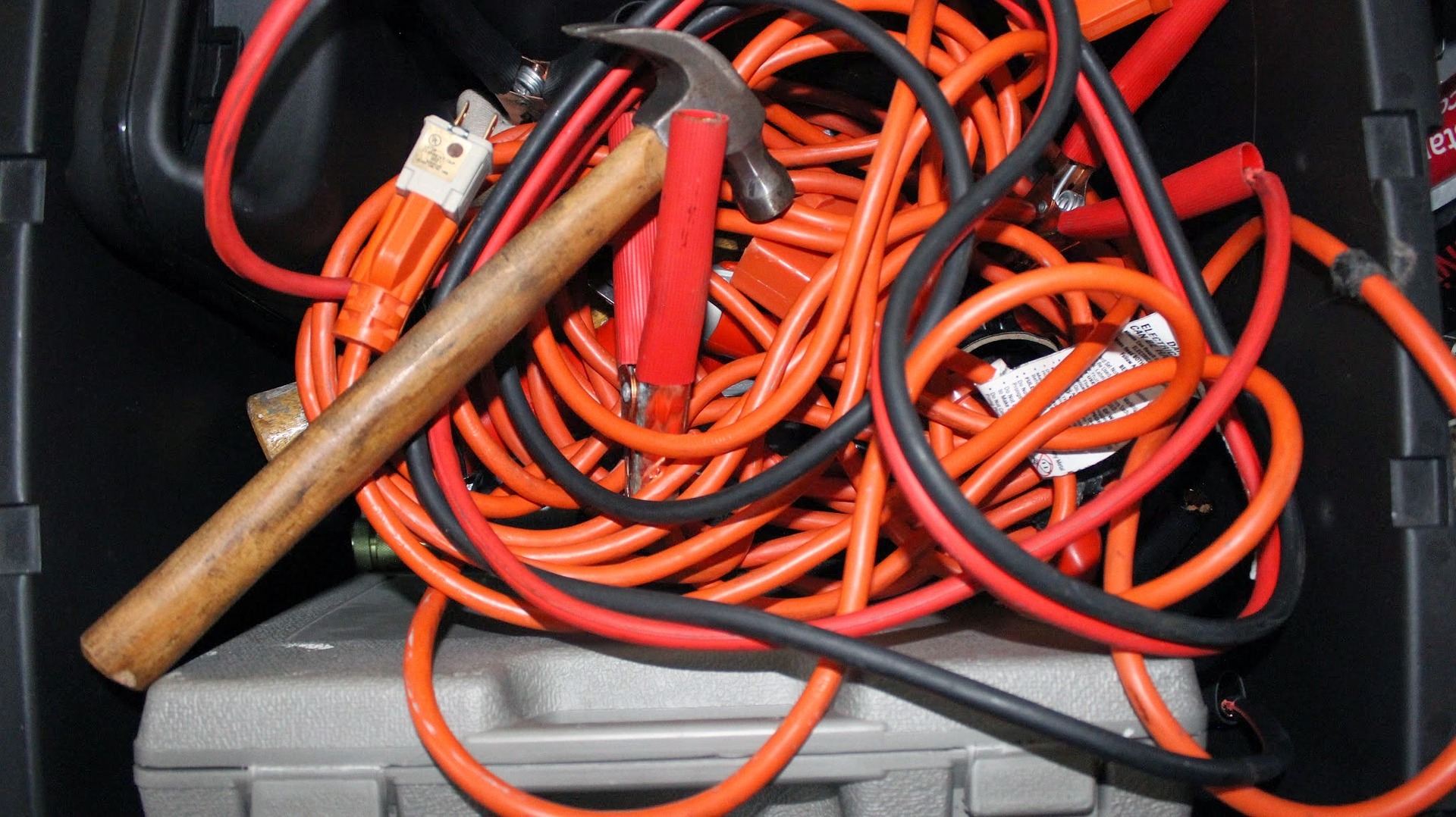Extension cords are extremely useful tools for various situations, whether you’re using power tools out in the driveway, relying on a portable generator, or if a cord is too short to reach an outlet. However, an essential factor to keep in mind is that extension cords are always meant to be temporary solutions for not having a long enough cord. When used non-stop or without proper handling, they can pose a fire and electrical risk. Here are the basics of extension cord safety.
- Check that the cord has been properly tested. Credible independent companies will put a new type of extension cord through rigorous laboratory tests to make sure it is well-made and safe to use. Once a cord has passed its tests, the tester will include their stamp on the tags as proof. Always check to ensure the extension cord is approved by a company such as Underwriters Laboratories (UL) before purchasing and using it.
- Pay attention to the rating. Some extension cords are rated for exterior use, while others are only for indoor use. Using a cord with an incorrect rating can quickly lead to disaster because indoor-rated cords can’t withstand the sunlight and outdoor heat. Additionally, outdoor cords are made specifically to handle the amperage sent to exterior outlets, while indoor cords can only handle the power of an interior outlet.
- The extension cord gauge tells you how much electricity it can conduct. Be sure you are using a cord that can power the appliance you are plugging in.
- Understand that the length of the cord affects effectiveness. The longer the cord, the less power it will conduct compared to shorter cords of the same gauge.
- Never remove the grounding prong from an extension cord.
- Never connect multiple extension cords. When you daisy-chain them, the resistance in the cords increases, meaning that the cords themselves get hotter than they are intended to as the electricity flows through them, resulting in a fire hazard.
- Avoid laying anything on top of extension cords, such as rugs or blankets. These increase the heat and can produce a flame.
- When using an extension cord outside, keep it away from any puddles of water or patches of snow to prevent accidental electrocution.
- Always pull the plug, not the cord, when removing it from the outlet. You risk stripping the protective covering and exposing the wires when you pull the cord.
- Only store your extension cords indoors. Rodents and other pests can access the cords if stored outside and cause severe damage to the covering.
- You should not use nails or staples to attach cords to a wall or other surface. It’s pretty easy to see why. A small miscalculation or slip of the hand while doing so can puncture the cord and expose the wires.
- Keep the cords visible. Not only are they fire hazards, but extensions can also be trip hazards. It is recommended to avoid running them under doorways, across walkways, or in other highly trafficked areas so that you prevent any family members from falling.
There are many electrical hazards around your home, and your family’s health and safety depend on making sure these are addressed. A great way to guarantee that your home is safe and up to code is to ask a professional Sarasota electrician to perform an annual inspection at your home. Want more information? Call Promise Electric today.



